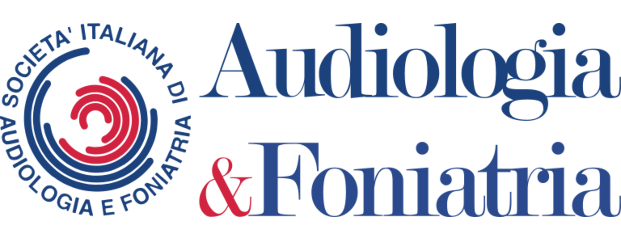Drugs assumption during pregnancy is a serious risk factor for the neurodevelopment of the fetus, before and after birth. The overall incidence of pregnant women taking illegal drugs is rapidly increasing, partly due to widespread legalization and increasing social acceptance and accessibility. The consequences can occur in the child in the form of neonatal withdrawal syndrome or even years later in childhood. Among the serious effects caused by drugs assumption are the risk of abortion, preterm birth, malformations, and brain damage in the fetus. The factors responsible for fetal damage depend on the type of substances taken and their quantity: the review investigates the consequences of the intake of amphetamines, cannabinoids, the concomitant use of alcohol and cannabinoids (SAC) and cocaine. The main effects of these substances on the mother during pregnancy are shown in Table 1. Pregnant users of illicit drugs, regardless of their country of origin, are more likely to be socially disadvantaged. Moreover, they are usually younger and less likely to seek timely prenatal care. Drug addicts statistically have lower family incomes and rarely have access to affordable health insurance or receive economical support from their families or partners. Therefore, adverse psychosocial conditions are often related to a more frequent intake of illicit substances. More information on the potential risks of prenatal use of substances is considered necessary to encourage women to abstain from drug usage in pregnancy. Furthermore, a greater investment in research is needed, since today there are still several limitations in the literature.
The Impact on Neurodevelopment of Drugs’ Assumption
Abstract
Download
Evelyn C., Alice R. (2023) "The Impact on Neurodevelopment of Drugs’ Assumption
" Audiologia e Foniatria, 8(2), 50-54. DOI: 10.14658/pupj-IJAP-2023-2-6
Year of Publication
2023
Journal
Audiologia e Foniatria
Volume
8
Issue Number
2
Start Page
50
Last Page
54
Date Published
12/2023
ISSN Number
2531-7008
Serial Article Number
6
DOI
10.14658/pupj-IJAP-2023-2-6
Section
Articles

 © 2024 Padova University Press - Università degli Studi di Padova
© 2024 Padova University Press - Università degli Studi di Padova